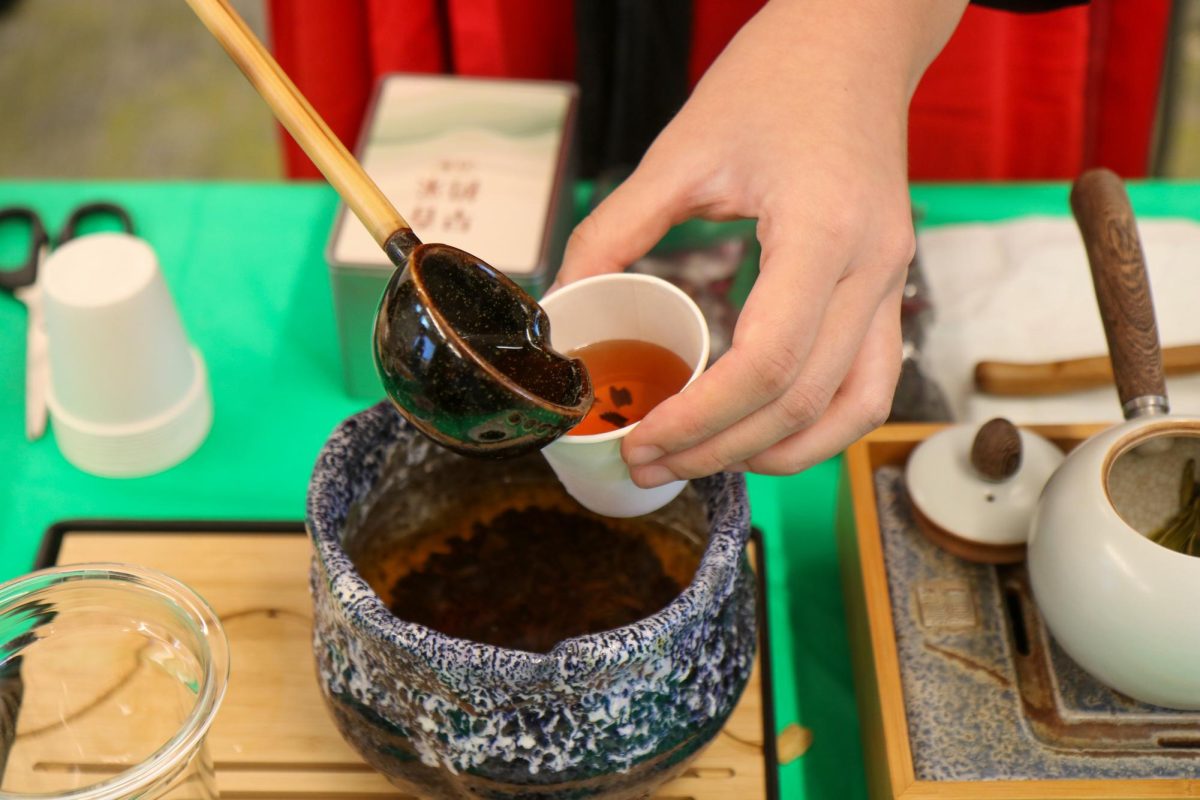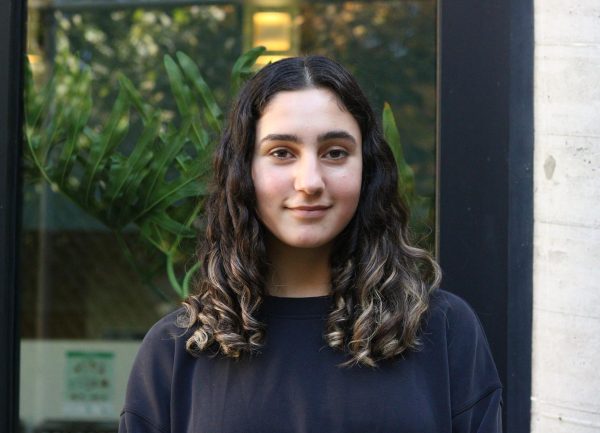UPrep hosted the Puma Heritage Celebration in the ULab for the first time on Oct. 25. Despite the location change, the event functioned similarly to previous years. Faculty, students and their families participated in the event, which included food, games, performances and displays from various cultures.
Sophomore Alicia Sun, who hosted a table for Chinese culture, thinks the venue change is an improvement, especially for large functions like the Puma Heritage Celebration, which accommodated about four hundred people this year.
“I think that the ULab is better at hosting these bigger events,” Sun said.
Junior Molly Hwang hosted a table for Korean culture and shared why she enjoyed the celebration.
“What I love most about the event is how excited people are,” Hwang said. “To both share their culture but also just to experience other people’s cultures.”
Sun thinks the event is an opportunity to discover aspects of cultures that are not as well known.
“I think it’s a really good way to learn about smaller parts of other cultures…that you never really see commercially,” Sun said.
Even as a staff member, Taylor Kanemori, director of diversity, equity, inclusion, and belonging, enjoys participating in this event.
“You get to make connections with students,” Kanemori said. “Maybe about something you have in common, maybe about something that’s really new and interesting and different to you.”
Flor Hernandez, diversity, equity, inclusion, and belonging program director, also enjoys this event.
“I love the little interactions you see, where people are engaged and happy and connecting,” Hernandez said.
Hwang agrees that these connections can have a positive impact on the school community as a whole.
“The biggest takeaway I have from this is how important it is to celebrate differences,” Hwang said. “Because I think that recently there’s been a lot of differences that put us apart, but this is a beautiful example of how they bring us closer together.”
Kanemori believes the celebration is about recognizing both similarities and differences.
“Being able to make those connections just makes tighter bonds and makes inclusion and belonging in our school so much more accessible,” Kanemori said.


